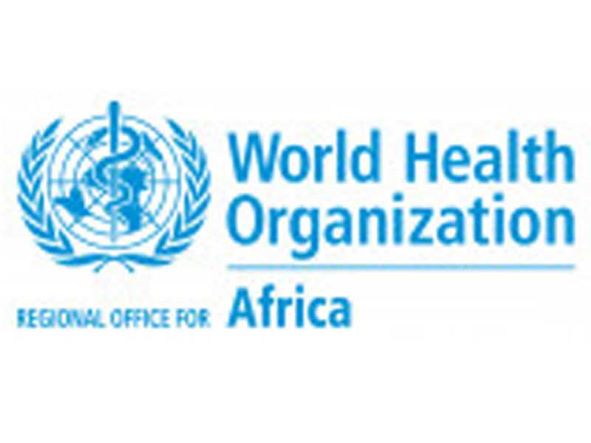Lomé– Spurred by the devastating impact of the COVID-19 pandemic on fragile health systems, African health ministers this week adopted a new eight-year strategy to transform health security and emergency response in the region, the World Health Organization (WHO) has said.
The Regional Strategy for Health Security and Emergencies 2022–2030, endorsed during the Seventy-second session of the World Health Organization (WHO) Regional Committee for Africa in Lomé, Togo, aims to reduce the health and socioeconomic impacts of public health emergencies.
Globally, the African region reports the heaviest burden of public health emergencies, with more than 100 such events occurring annually. Prior to the emergence of COVID-19, the top causes of epidemics in the region were cholera, measles, yellow fever, meningococcal meningitis, influenza and viral haemorrhagic fevers, most of which are preventable by strengthening routine immunization. However, COVID-19 underscored the need to improve surveillance, diagnostics, treatment and a range of health services. Its knock-on effects overwhelmed health systems, interrupted essential health services and fuelled socio-economic disruption, threatening to undermine decades of hard-earned health and economic gains.
“COVID-19 is a wake-up call for the African region to prioritize building resilient health systems capable of providing quality healthcare while coping with public health emergencies,” said Dr Matshidiso Moeti, WHO Regional Director for Africa. “There is a growing recognition of the mounting threat public health emergencies pose to global economies and societies, underlining the need for a One-Health approach and investing in prevention and preparedness. By investing now, we can prevent an economic and social meltdown in the future.”
WHO estimates that up to US$ 4 billion is needed annually from international and domestic sources to fully fund core health security capacities in the region and better prepare for the next pandemic. This works out to around US$ 3 per person a year.
The new strategy includes strengthening mechanisms for partnerships and multisectoral collaboration, ensuring sustained and predictable investment and repurposing resources from polio eradication and COVID-19 to support strategic investments in systems and tools for public health emergencies.
By adopting the strategy, Member States agreed to reach 12 targets by 2030 which will strengthen their capacity to prevent, prepare for, detect and respond to health emergencies, including 80% of Member States having predictable and sustainable health security financing, 90% mobilizing an effective response to public health emergencies within 24 hours of detection and all countries having 80% of health districts with functional service delivery and quality improvement programmes.
“This strategy is the fruit of extensive consultations with African health ministries and a range of other institutions, technical actors and partners across the continent,” Dr Moeti added. “With their ongoing support and collaboration, it can help ensure that Africa is at the forefront of protecting the world against future pandemics.”
Member States agreed to commit political will and provide technical leadership, mobilize domestic and external resources, provide adequate human and logistic resources to implement the strategy, as well as strengthen a One Health coordination mechanism and build capacity at the national and decentralized levels.
WHO has recently launched a flagship initiative to assist countries in operationalizing the newly-adopted strategy and it is currently being rolled out in five early implementation countries across the region: Botswana, Mauritania, Niger, Nigeria and Togo. There are plans to expand this number significantly before the end of the year and for the programmes to be scaled up regionally over the next five years.
Dr Moeti spoke today at a press conference on the sidelines of the WHO Regional Committee for Africa. She was joined by Professor Moustafa Mijiyawa, Minister of Health, Public Hygiene, and Universal Access to Care, Togo; and Dr Jane Ruth Aceng, Minister of Health, Uganda.
Also on hand from WHO Regional Office for Africa to respond to questions were Dr Fiona Braka, Team Lead, Emergency Operations; Dr Thierno Balde, Regional COVID-19 Incident Manager; and Dr Phionah Atuhebwe, Vaccines Introduction Medical Officer.

